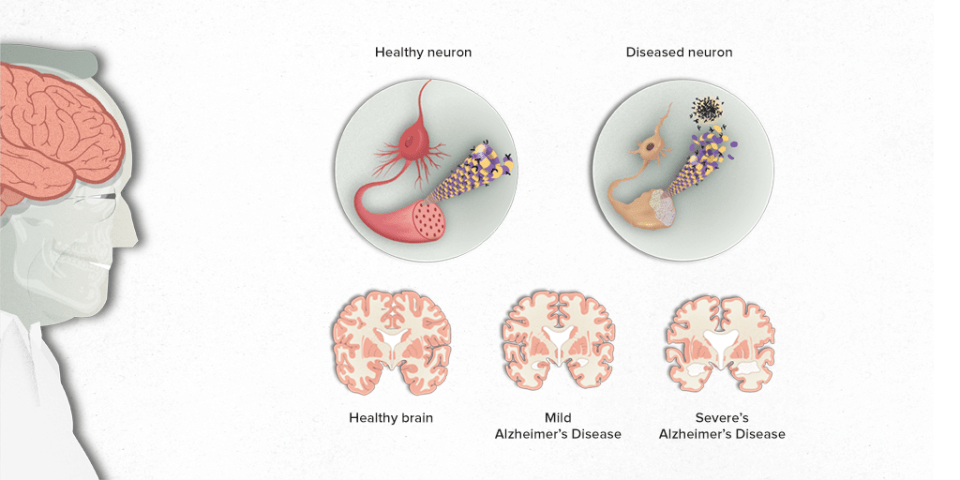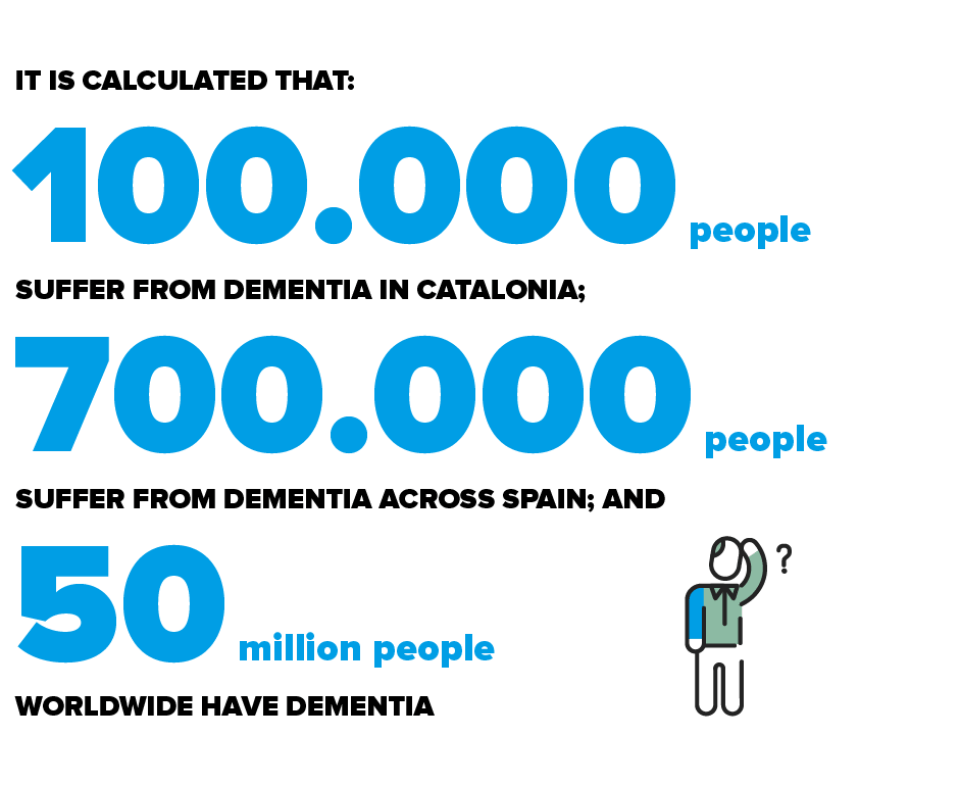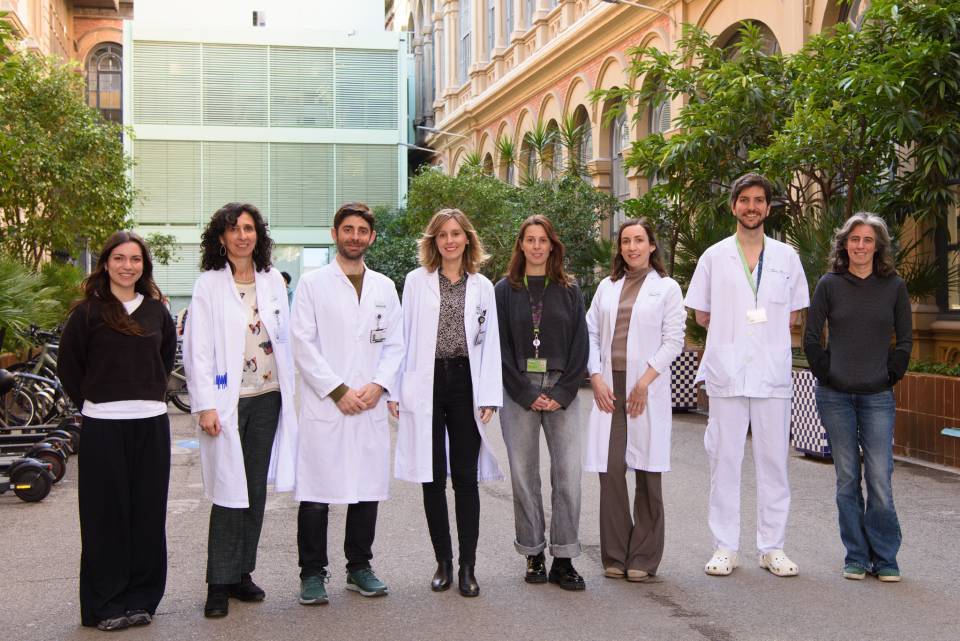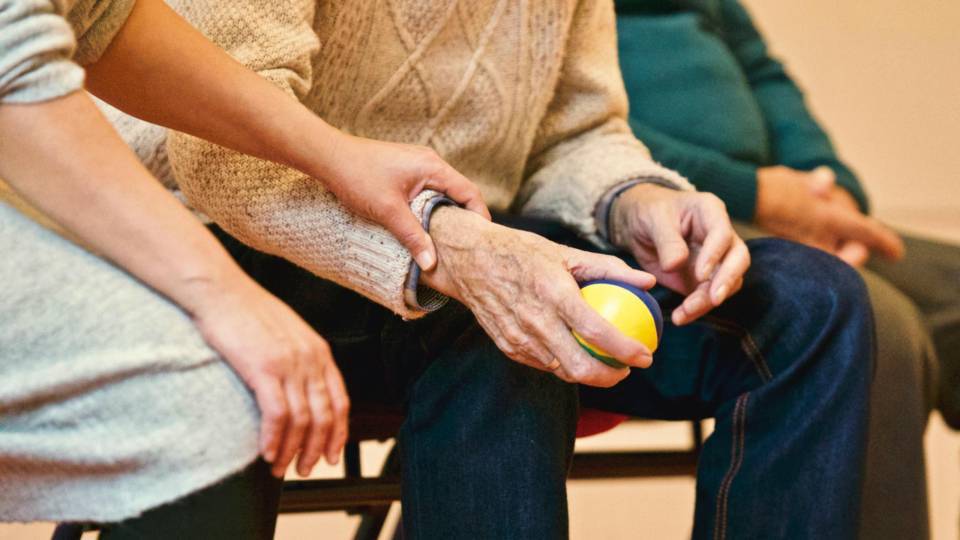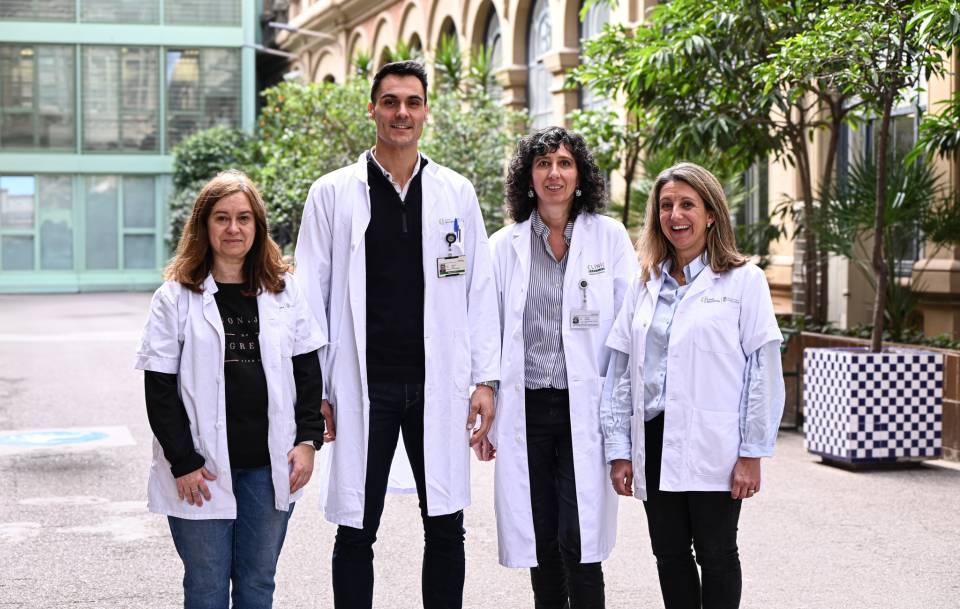Substantiated information by:
Albert Lladó Plarrumaní
Neurologist
Unit of Alzheimer's and Other Cognitive Disorders
Neus Falgàs Martínez
Neurologist
Neurology Department
Raquel Sanchez del Valle Díaz
Neurologist
Neurology Department
Soledad Barreiro Gigan
Nurse
Day Hospital for Neurodegenerative Diseases
Published: 9 April 2018
Updated: 11 July 2024
The donations that can be done through this webpage are exclusively for the benefit of Hospital Clínic of Barcelona through Fundació Clínic per a la Recerca Biomèdica and not for BBVA Foundation, entity that collaborates with the project of PortalClínic.
Subscribe
Receive the latest updates related to this content.
Thank you for subscribing!
If this is the first time you subscribe you will receive a confirmation email, check your inbox
An error occurred and we were unable to send your data, please try again later.
